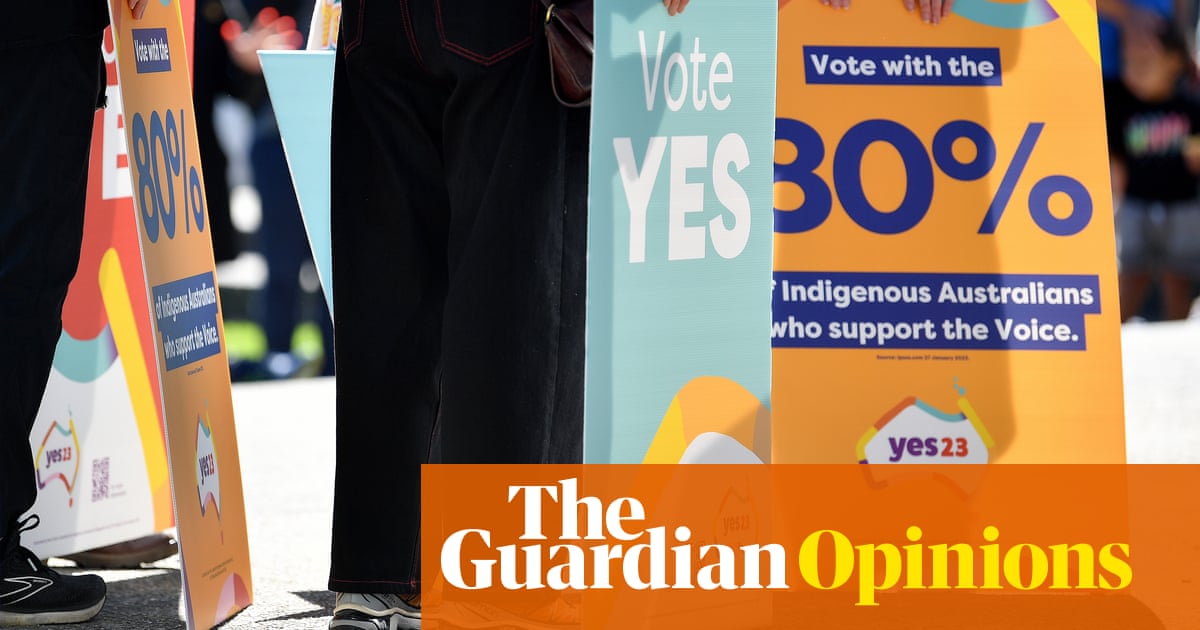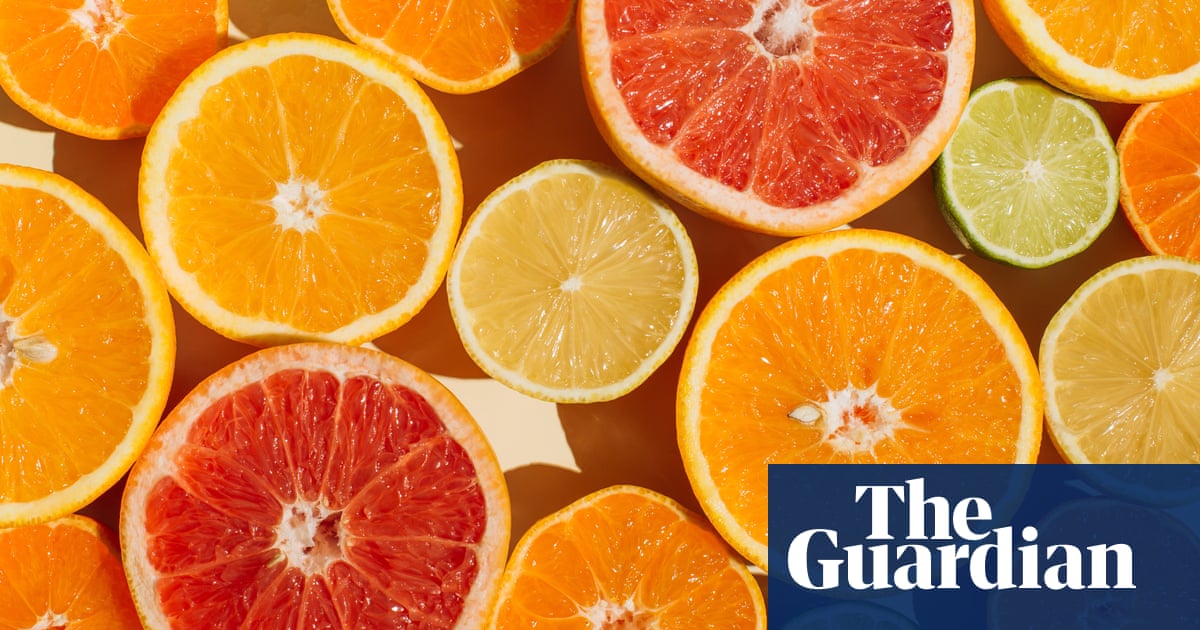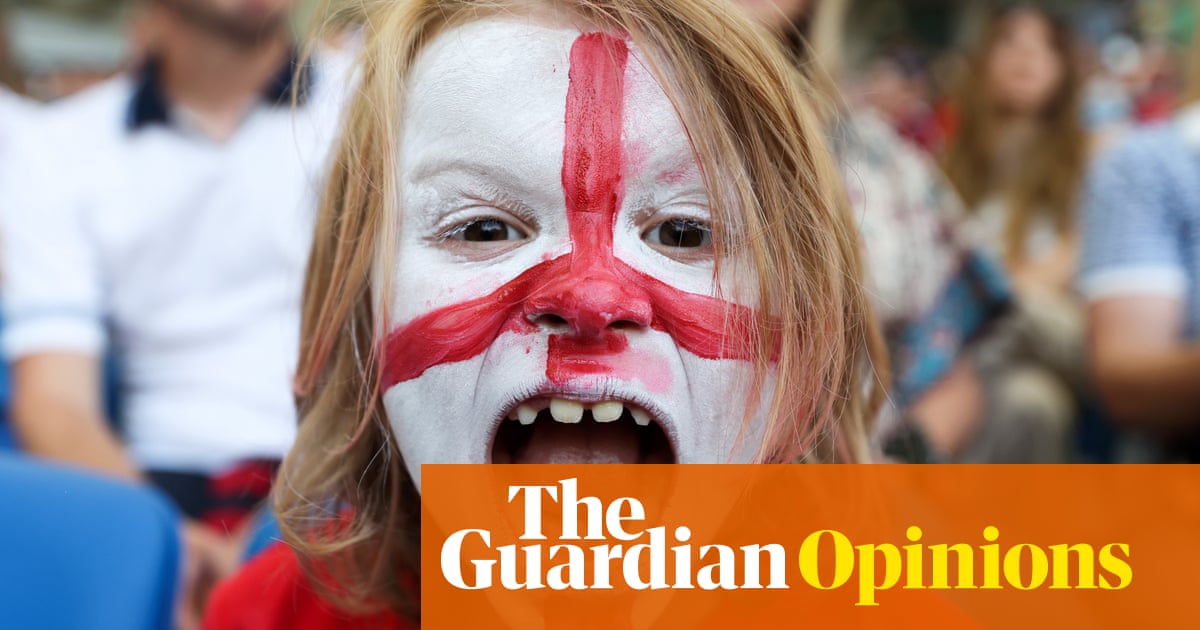
These are tough days for Aboriginal and Torres Strait Islander people and Saturday will be really tough. Sunday may be even tougher. As we approach referendum day, we are having conversations in our families and communities about how we navigate the actual day. I’ve been talking to my family about what we can do to keep ourselves feeling strong and staying safe.
We’re feeling the load of having to constantly answer questions from well-intentioned non-Indigenous friends, family and colleagues. And then there’s the not-so-well-intentioned. We are anxious about what a simple trip to the shops will hold for us. What will we hear? Will it be safe? Should we turn on the TV news, open up Facebook, wear a “yes” T-shirt?
Our people are feeling the impact of increased misinformation and lies about what the voice to parliament will mean. More harmful still, mistruths about the impact of colonisation; mistruths about our cultures and histories; our stories silenced and dismissed.
Mine is one of those stories. I’m a Wakka Wakka man from Cherbourg, Queensland, and I’m a stolen generations survivor.
For six years, from the age of nine, I was what’s known as a “dormitory boy” in Cherbourg from 1967 to 1973.
This is not ancient history in this country. I am the living reminder of a time when our people were rounded up into missions and reserves, the men and women sent off to work (only to have their wages stolen) and the children put into the dorm system or sent away elsewhere.
I was in the dorm in Cherbourg when Shane Gould won gold in Munich, during the start of the Whitlam years, when the “Life. Be In It” campaign was launched.
Plenty of Australians alive today remember those moments, but this debate over giving us a voice has too often forgotten or denied our truth.
As well as devastating families and removing us from country and culture, there was abuse for the stolen generations, which I helped document as part of the royal commission into institutional responses to child sexual abuse.
The no campaign says all of that is in the past and that our voices are now listened to.
I can show you the recommendations of the royal commission and of the Bringing Them Home report that have yet to be addressed.
I live in Queensland, one of two states, with Western Australia, that have refused to bring in a redress scheme for stolen generations.
I’ve worked for government for more than 40 years. Non-Indigenous people have been coming to us for generations, ostensibly asking for advice, but then taking away only the bits they want. They haven’t surrendered the leadership, or the dollars needed to put it into action.
Our kids are still being taken, our people imprisoned and disadvantaged. Here I am 50 years after being taken from my parents and the dorm still lives with me.
Though I count myself lucky. Out of the 100 men who were with me in those years in Cherbourg, 30 of them have died already, testimony to the gap in our life expectancies in this country.
That’s the impact. But still we fight.
If we want to build a better Australia, a more humane society, and be healed, then recognition of First Australians in the constitution is an important step, so I am a strong yes vote.
I’ve been having conversations with family and young people at work about the strength of being a stolen generations survivor and surrounding yourself with people who uplift you; being together. It’s about building and connecting with your community – it’s never about the “I” but about the “we”.
I see the seeds of hope in young people. I see unions come out in force. Hearing how war veterans have stood up in support of my uncle, who served with them in Vietnam. Non-Indigenous friends who had never really known my story have begun to listen and I can see in their eyes that they have woken up to the truth.
Every time I talk about the truth of colonisation, that’s part of my healing. It gives me strength.
Healing is also being able to surround yourself with family and friends and likeminded people who also want a better, equitable Australia.
That’s why in the lead-up to Saturday, I want to share some ways to manage referendum day and beyond. Here are some suggestions that may support us on referendum day to pause, breathe and connect:
Try not to be alone, or if you are, reach out to family and friends and yarn up on the phone
Take time out from social media platforms
If you want to engage, think about addressing any misinformation by sharing factual articles that have been put together
Go to your local polling booth with family and/or friends. This may reduce the likelihood of hearing or being drawn into unsafe conversations. Connect with each other afterwards
Think about voting before the day, if you can
Do something that makes you feel connected and gives you a feeling of peace or strength, by yourself or with family and friends. It could be a walk on country, connecting with culture. It could be going for a swim, fishing or taking time out to draw, weave, read, write or just connect with those you love
Keep checking in with friends and family, as they may also be feeling unsafe and anxious
Look at content that shows our strengths, resistance and resilience
Have yarns with your family and elders – how do they harness strength?
The day after the referendum and the result you may feel varying emotions. Laugh, cry, yarn or do whatever grounds you
You can find more information about ways to pause, breathe, connect here. Remember to reach out to support services if you need to, including 13Yarn (13 92 76), Brother to Brother (1800 435 799) or Lifeline (13 11 14).











